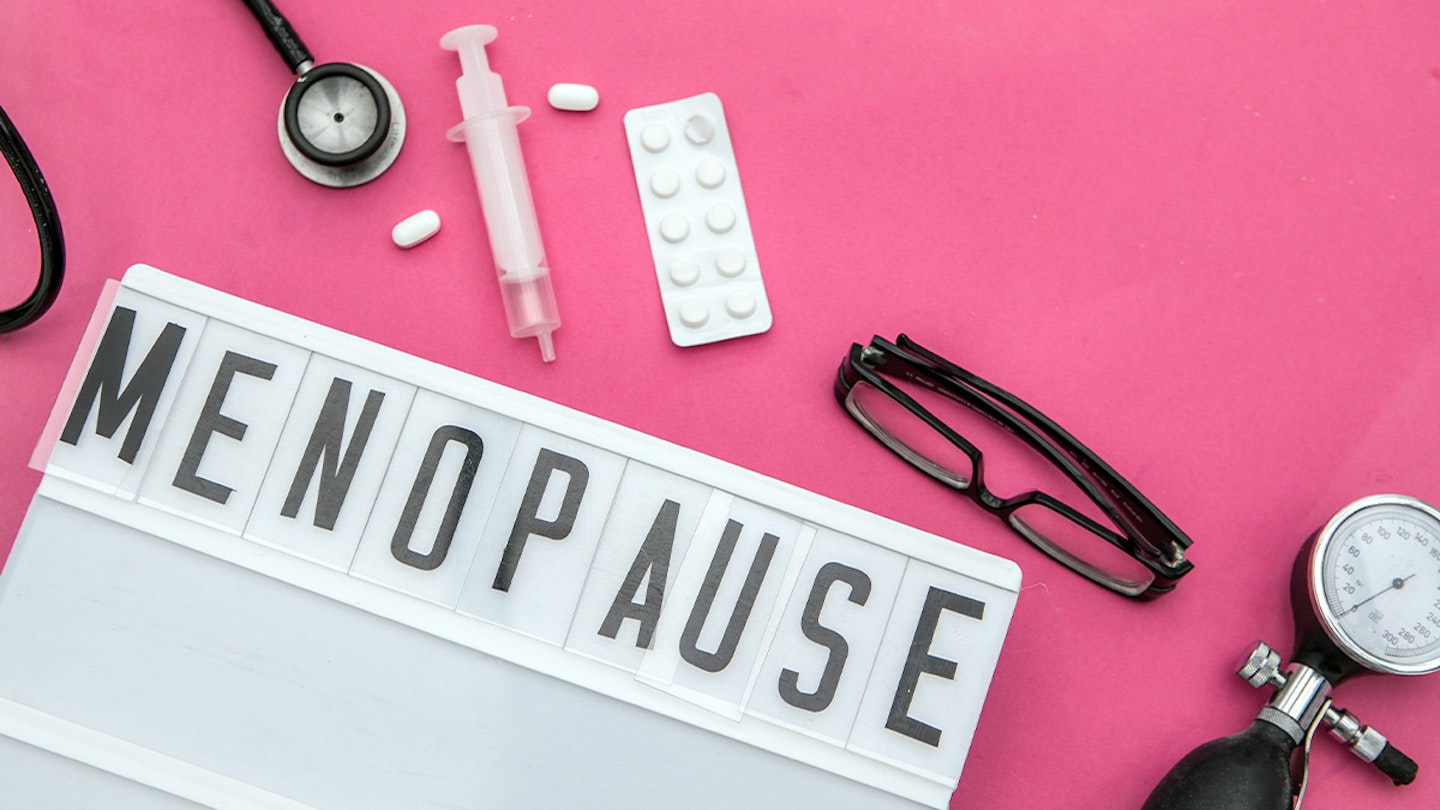Menopause is an inevitable part of a woman’s life, but it doesn’t have to be an experience you fear! When a female stops producing eggs in their ovaries and their period stops completely, this means that they have started the menopausal period. Here are some things you may not know about the menopause.
Firstly, what’s the difference between perimenopause and menopause?

Perimenopause refers to the time right before menopause occurs. During the perimenopausal period, your body is starting the transition into menopause, which means that the natural estrogen and progesterone production from your ovaries is beginning to decline.
During this time, you may experience some symptoms associated with menopause, such as hot flashes or your menstrual cycle may become irregular. However, your period won't stop during the perimenopause stage.
Once you have stopped having a period for 12 consecutive months, you’ve entered menopause.
What are the symptoms of perimenopause?
-
Irregular periods
-
Night sweats
-
Hot flashes
-
Fatigue
-
Aches and pains
-
A change in sexual desire
-
Changes to skin texture and appearance
-
Bladder control problems
-
Disruption of sleep patterns (difficulty sleeping)
-
Vaginal fluid changes (dryness)
-
Mood swings
-
Memory loss
-
Brain fog
-
Headaches
You can control weight gain when you experience menopause

Due to the changes in your hormone levels, this may cause you to gain weight. As you get older, your metabolism slows down however, you can control the weight gain.
Focus on keeping active, eating a healthy balanced diet and keep lighthearted about the situation. As long as you feel healthy and happy, that is what matters most.
Sex will still be enjoyable

How can I combat vaginal dryness? When going through menopause, you may experience vaginal dryness, due to dropping oestrogen levels. This can be sorted by a vaginal oestrogen treatment from your GP or you can purchase non-hormonal treatments from your pharmacy. Products such as Sylk, which is available to purchase over the counter or on prescription, and Replens Vaginal Moisturiser, available from Boots
According to Harvard Women’s Health Watch, 50 per cent of women experience vaginal dryness and painful sex, but 90 per cent don’t seek out any help. Be sure to seek out help if you are experiencing vaginal dryness.
You can still get pregnant

You can still get pregnant during the menopause. “I think some women get more casual about birth control in their 40s, thinking there’s no way they could get pregnant — but you’re still fertile, just less so,” says Dr De La Torr an ob/gynaecologist in Seattle.
However, it may be a good idea to continue your birth control pill through menopause as the steady dose of hormones in pills, implants or IUDs will mean that your body will not notice the reduction of natural estrogen and progesterone in your body. This may help control some of the menopausal symptoms.
Your mental health might be affected

The menopause is not only a physical experience but also an emotional one. Sometimes, the emotional symptoms can be the worst.
Due to the changes that your body is going through you may feel less sociable. You may not have the energy or feel the desire to socialise with people or go about your daily life. A lot of women find that there is a point in the menopause where what they really want is peace and solitude.
If this does happen to you at some point it is food to take a look at your lifestyle and cut back on some areas so you are not overwhelmed and decide to do nothing social at all.
Hot flashes aren't at random

One of the most spoken about symptoms of menopause is the hot flashes. A 2008 study shows that up to 80 per cent of pre-menopausal women and 65 per cent of post-menopausal women experience hot flashes.
The symptoms may not be completely avoidable but there are triggers that can make it happen more frequently.
You can avoid triggering it by:
-
Reducing your caffeine intake
-
Skipping hot drinks
-
Getting a good night’s sleep
-
Cut down on the chillies and spicy food
-
Turning down the heating or avoid hot rooms
-
Quitting smoking
-
Avoiding tight fitting clothes
If you make a conscious effort to avoid these things and trade them for more sleep, a healthy diet, and plenty of exercises this should significantly reduce the hot flashes.
It is good to consider medications such as birth control pills, hormone therapy, or other prescriptions that may help you reduce hot flashes. See your GP if you’re having difficulty managing hot flashes.
The length of menopause symptoms is different for each person.

The duration of symptoms can vary in length depending on the person. According to a study in JAMA, the average length that women experience menopausal symptoms are 7.4 years total (around 3 before your last period and 4.5 after).
In the perimenopausal period, your menstrual cycle can get erratic and your periods may become heavier or lighter. After menopause, symptoms will linger as your body adjusts to the hormone changes.
